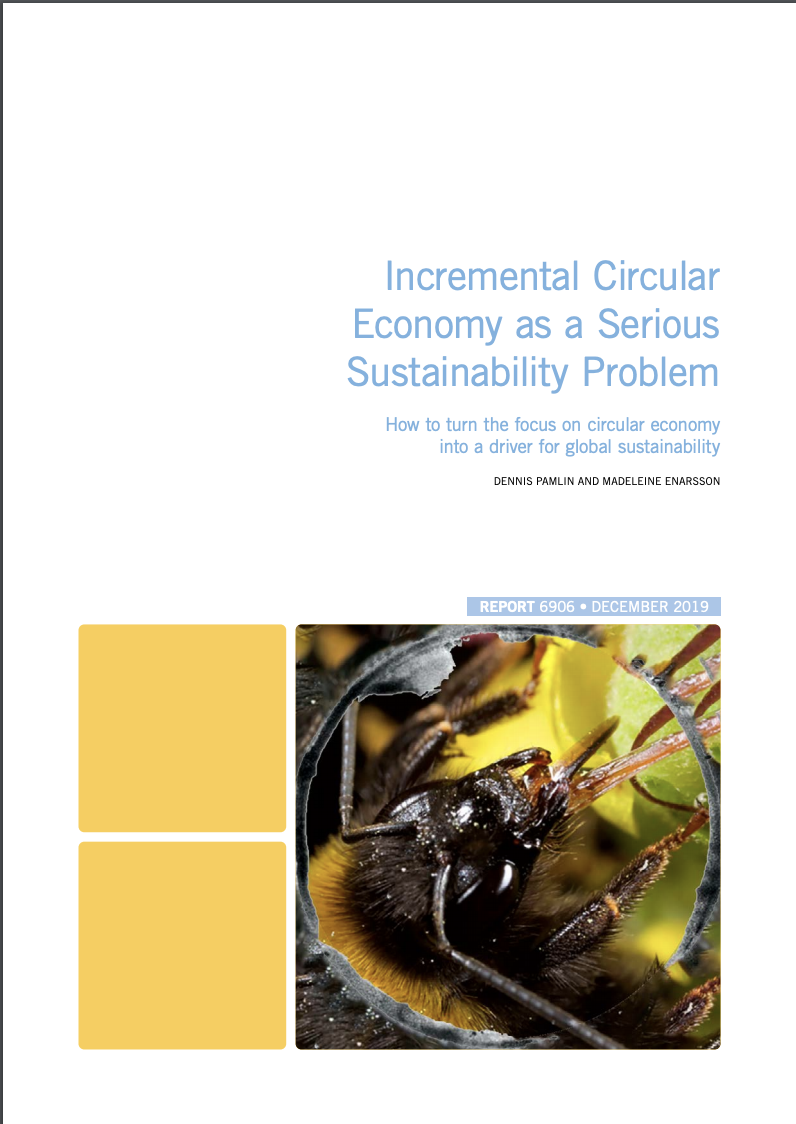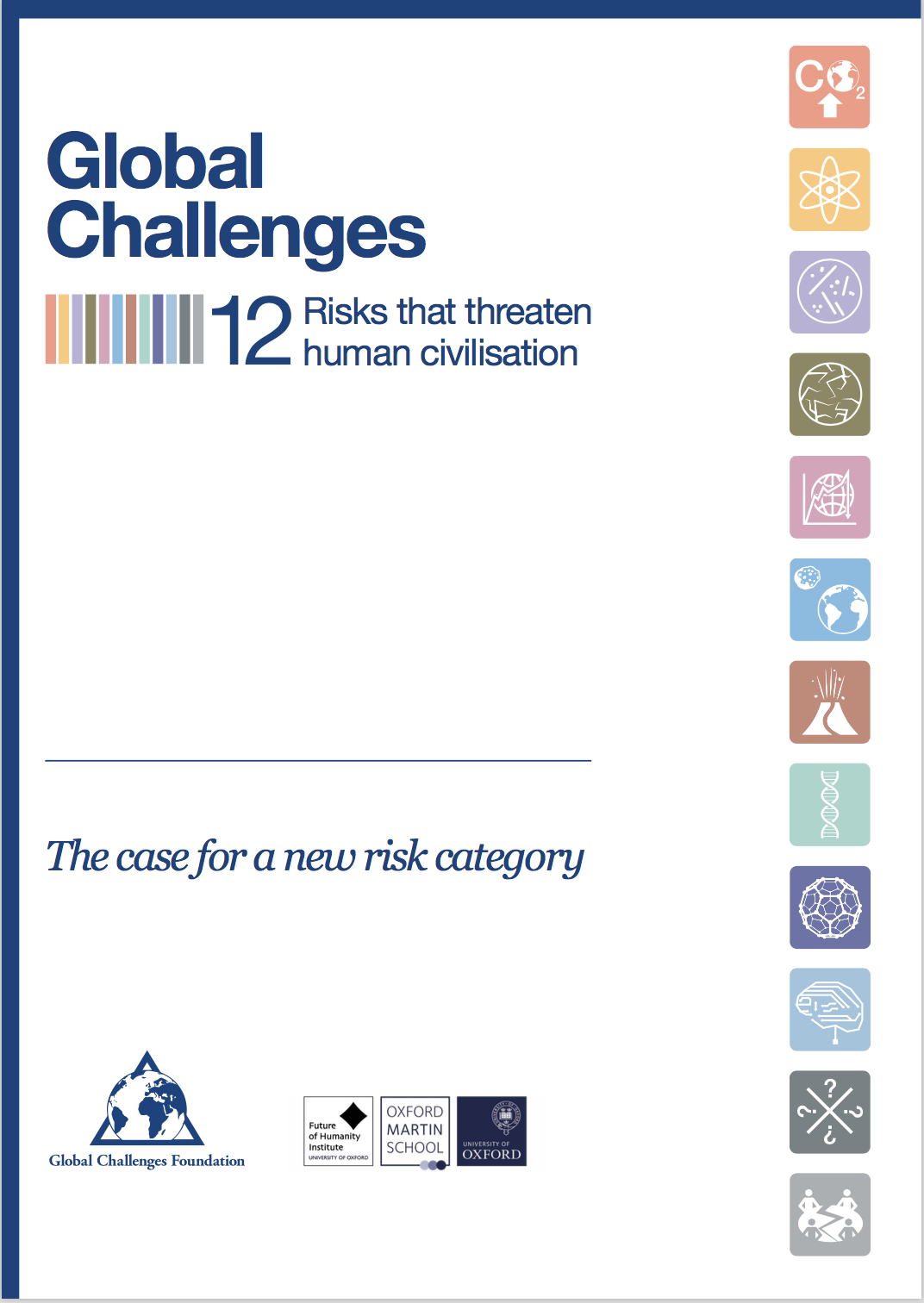Incubators accelerating the uptake of start-ups with compatible solutions: Introducing the PICU framework
/Role: Author
Introducing the PICU framework for incubators to deliver gigatonnes of avoided emissions though a new generation of start-ups and entrepreneurs.
The purpose of this report is to present the PICU framework and the potential for incubators to play a key role in the urgent work to deliver the deep and fast emission reductions needed to avoid dangerous climate change. PICU is a framework with four steps to help incubators, identify start-ups with significant potential, strengthen sustainability ideas, support clustering, and enable accelerated uptake of the solutions from the start-ups. The initial group of four start-ups from LEAD, used as a case for assessment, has the combined potential to avoid 14 million tonnes CO₂e annually and potentially >25 million tonnes CO₂e annually by 2030 with significant opportunities for 1.5 °C global sustainability compatibility.
































